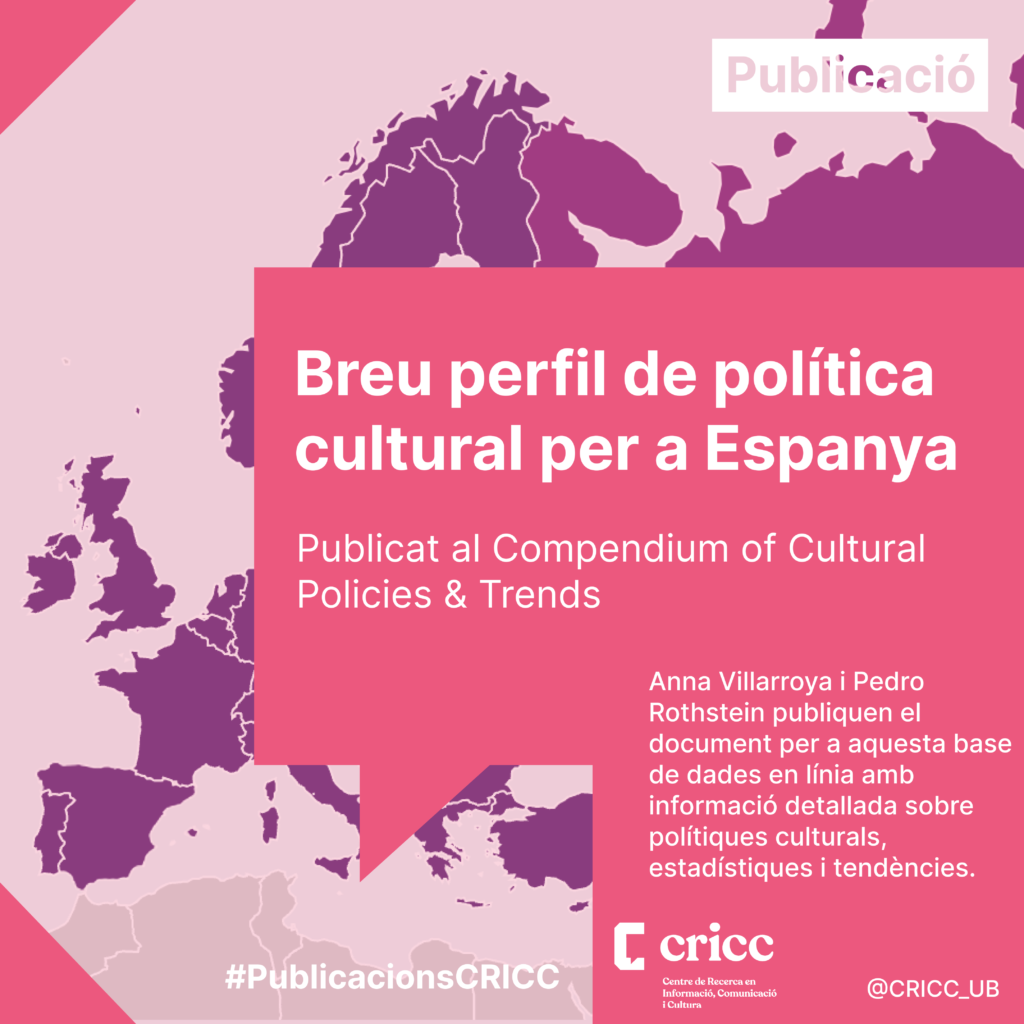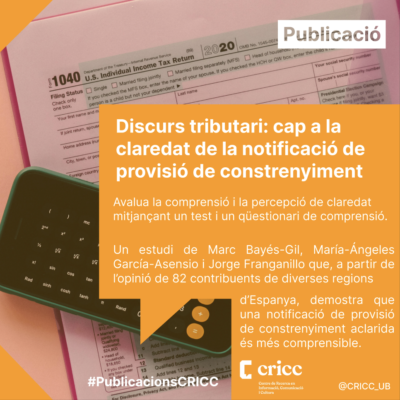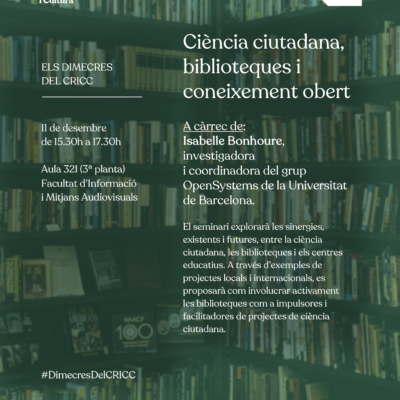The Compendium of Cultural Policies & Trends, an online database with detailed information on cultural policies, statistics and trends, publishes a new document describing the cultural policy profile for Spain, compiled by Anna Villarroya (director of CRICC) and Pedro Rothstein.
The document brings together some of the highlights of the evolution of cultural policy in Spain:
– The current left-wing coalition government prioritizes cultural diversity, access to culture through cultural vouchers for young people, and the development and implementation of the Statute of the Artist and Cultural Professional to guarantee the rights of cultural workers.
– In recent years, there has been an increase in cultural institutions such as dance and ballet companies (up 13.2% since 2017), symphony orchestras (11.3% since 2018) and theater companies (10.8%).
– In 2023, several legislative reforms were approved to recognize the special nature of those operating in the cultural sector.
– On the occasion of the Spanish Presidency of the Council of the EU (July-December 2023), the Ministry of Culture and Sport announced four lines of action: improving the status of culture, recognizing it as an essential public good; the sustainable management of heritage, the Artist’s Statute and support for the video game sector. In this context, the Ministers of Culture of the European Union approved the Cáceres Declaration.
You can read it here.








